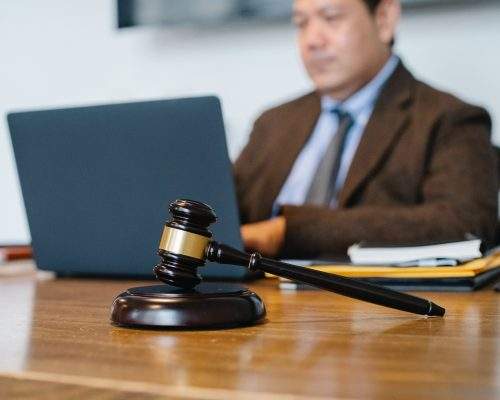The Corporate Insolvency and Governance Act 2020 (CIGA or the Act) introduced new measures to rescue companies in financial distress as a direct result of the Covid-19 pandemic and the economic crisis that followed.
For creditors who are owed money by a company, the new restrictions mean the steps to secure payment may be more complex than before. As per the procedures set out in CIGA, statutory demands will be void if served on a company during the “relevant period” (between 1 March 2020 and 30 June 2021). The aim is to give businesses the chance to reach fair arrangements with creditors during this time of intense financial insecurity from the covid-19 crisis.
However, that doesn’t necessarily mean creditors are unable to enforce debt at all. In the following blog, we explore the measures set out in CIGA more closely with a particular focus on what they mean for creditors looking to recover bad debts and offer practical solution for creditors with claims.
What has changed?
Prior to the pandemic, recovering undisputed debt owed by a company could be achieved by way of statutory demand. A statutory demand is a kind of written warning that a creditor can issue to alert the company that if the debt is not paid or another arrangement is made, they may start court proceedings to force the company into liquidation.
This formal demand usually requests for payment to be made in 21 days. If they either fail to pay or attempt to reach an acceptable agreement, you as a creditor can use the demand as grounds to present a petition to court for a winding up order.
The measures set out in CIGA prevent statutory demands from being made and from creditors using a wind-up petition against a company between 1 March 2020 and 30 June 2021 unless it reasonably believes that the company’s ability to pay is not the result of the Coronavirus. Ultimately, these rules were rolled out and extended with the goal of giving those businesses who have suffered significant financial loss from the pandemic some reprieve and the opportunity to negotiate reasonable steps for repayment.
What options do creditors have for debt recovery?
If you believe your debtor’s financial position may have improved, or remained consistent, you may still be able to commence winding up action for non-payment of debt. This would require you to demonstrate that the pandemic is not the reason that the company cannot pay its debts, in which case the court may be willing to make a winding up order.
In practice, this may prove difficult. In the case of Re A Company [2020] EWHC 1551 (Ch), the petitioner was unable to meet the coronavirus test notwithstanding that evidence was consistent with the company being insolvent pre-COVID. This was because the company provided evidence that its efforts to return to solvency were thwarted by COVID-19. The facts of Re A Company demonstrate the difficulty of fulfilling the coronavirus test in relation to the making of a winding-up order. In short, the threshold for a company to establish the effect of Covid 19 is not that high.
In light of this, serious consideration must be given as to whether it is the best option given that there is plenty of scope for dispute on whether or not a debtor has been financially affected by Covid-19, an issue which in itself could lead to a complicated court hearing which will be costly and time-consuming.
Creditors are still able to issue court proceedings and obtain judgment against a debtor company and take enforcement action e.g. instructing enforcement officers, applying charging orders, etc, but if liquidation is sought, they must be confident in their ability to satisfy the coronavirus test in court.
Another option that creditors could consider, on obtaining judgment, could be to apply for a Third-Party Debt order against company money held by a third party. A third-party debt order is a court order to freeze money held by the debtor by a third party e.g. a bank or building society. The order will prevent the debtor accessing their money until the court has ruled whether or not the money owed to you should be paid direct to you. This may be a good option if you know the debtor’s bank account details or the details of a significant contract that the debtor has.
Ultimately, your options depend on how long the debt has been outstanding, and the reasons given for non-payment at the time. If the debt is under a year old, you may struggle to prove that the pandemic did not, in some way, impact the debtor’s ability pay. If collection efforts preceded the pandemic, and you have proof of the company’s ability and willingness to settle the debt before the crisis, you will considerably improve your chances of being able to petition the courts.
If you are not confident that winding up actions will be possible while CIGA provisions are in place, you can still take steps today to improve your chances of recovering the outstanding debt. Communication is essential, as this will allow you to better understand the financial conditions they are facing and to determine whether there is scope for their situation to improve in the future. If so, negotiation of an agreeable repayment plan in the future may be worth considering. Since all situations are unique, it’s worth speaking to a specialist debt recovery lawyer to determine the best course of action.
Simon Smith | 360 Law Services Commercial Litigator

